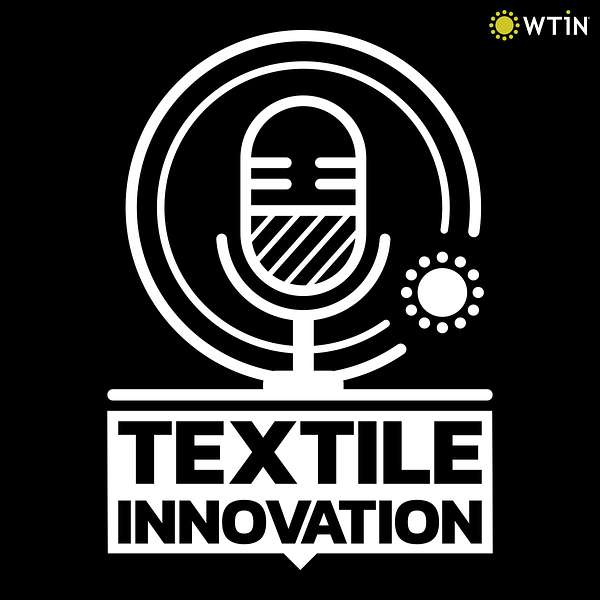
Textile Innovation
Join the World Textile Information Network (WTiN) as it welcomes a new special guest from the textile & apparel industry every two weeks. Tune in to hear the latest innovations and unmatched intelligence and insight on a global scale. From key manufacturers and textile technology hubs in Asia, the Americas, Europe and more, we speak with key opinion leaders, CEOs and start-ups – covering innovation across the entire textile & apparel value chain, plus external and influencing factors such as legislation, sustainability, digitalisation and trade.
To discuss any of our topics, get in touch by following World Textile Information Network (WTiN) on LinkedIn, or email content@wtin.com or aturner@wtin.com. To explore sponsorship opportunities, please email sales@wtin.com. Stay in the know with daily updates from WTiN when you sign up to the site.
You can find breaking stories, exclusive features and one-on-one interviews, long-form analysis, patents and event information all in one place. Intro music is a royalty free track from Music Unlimited on Pixabay.
Textile Innovation
Ep. 56: Textile Recycling Association
Use Left/Right to seek, Home/End to jump to start or end. Hold shift to jump forward or backward.
This week on The WTiN Podcast we speak to the director of the Textile Recycling Association, Alan Wheeler.
The Textile Recycling Association is the UK’s trade association for collectors, sorters, processors and exporters of used clothing and textiles.
The main objectives of the association are:
· to represent the interests of its members locally, nationally and internationally
· be a major force in creating a favourable climate, in which merchants can operate to advantage
· strengthen the economic opportunities for all of its members by promoting all forms of textile recycling and the second-hand clothing / shoe recycling industry
· highlight the major environmental, social and economic benefits that the industry brings, both in the UK and other parts of the world
In this episode, Wheeler explains what happens to our clothes and textile waste once it is either sent to the charity shop or a recycling bank. He also discusses how the reuse market is becoming saturated and how mechanical recycling affects the fibre quality for reuse – which means there is a growing need for chemical recycling technologies.
Elsewhere, he mentions how Covid-19 is changing consumer buying habits and how the increase in loungewear and onesies, for example, is not financially appropriate for export markets such as sub-Saharan Africa. And finally, he talks about how the British government urgently needs to conduct a review into potentially launching an Extended Producer Responsibility (EPR) scheme for textiles in the UK.